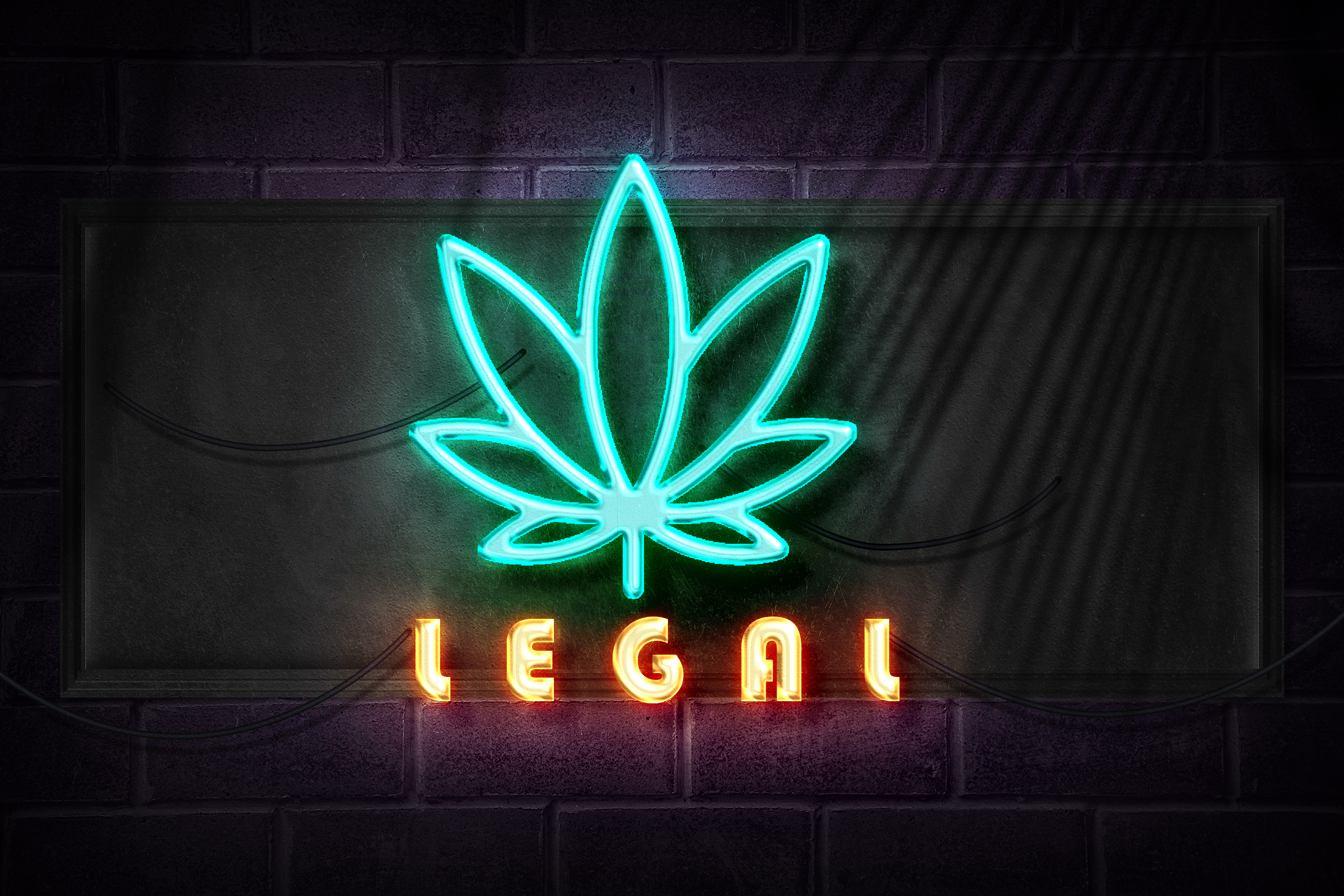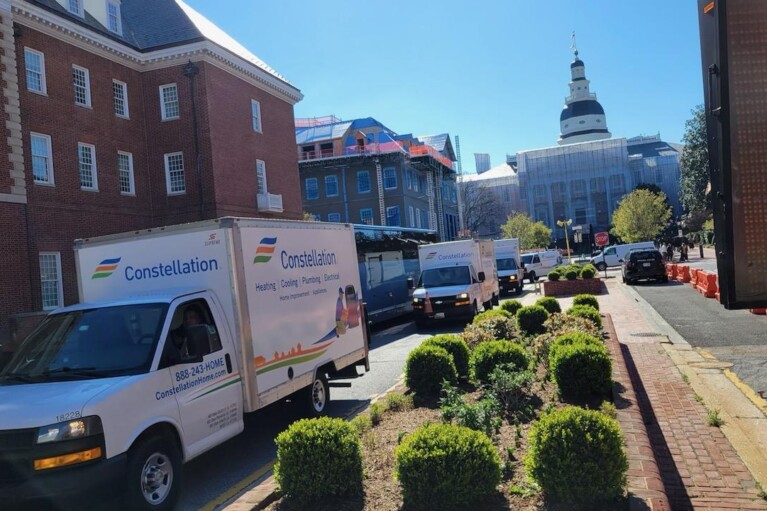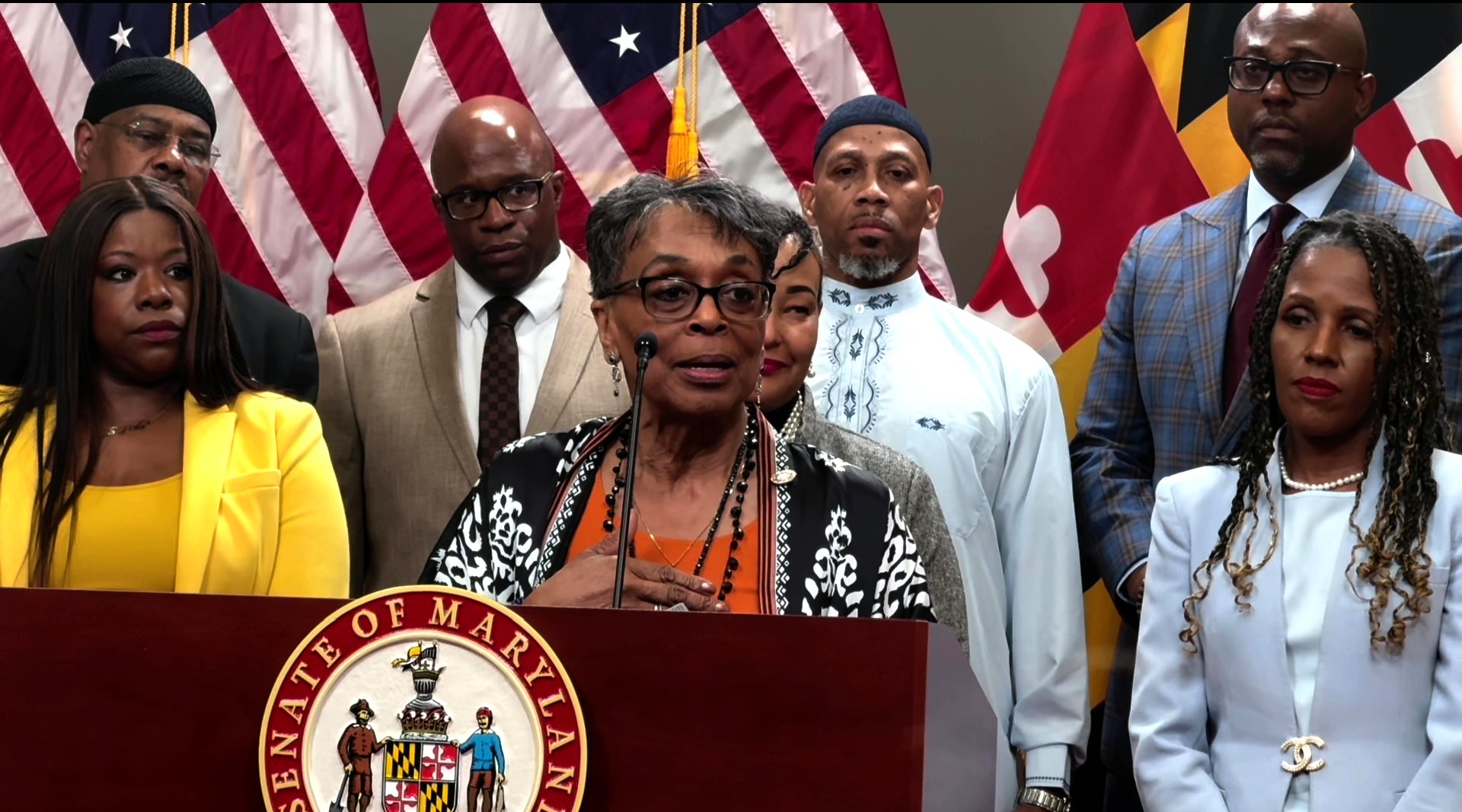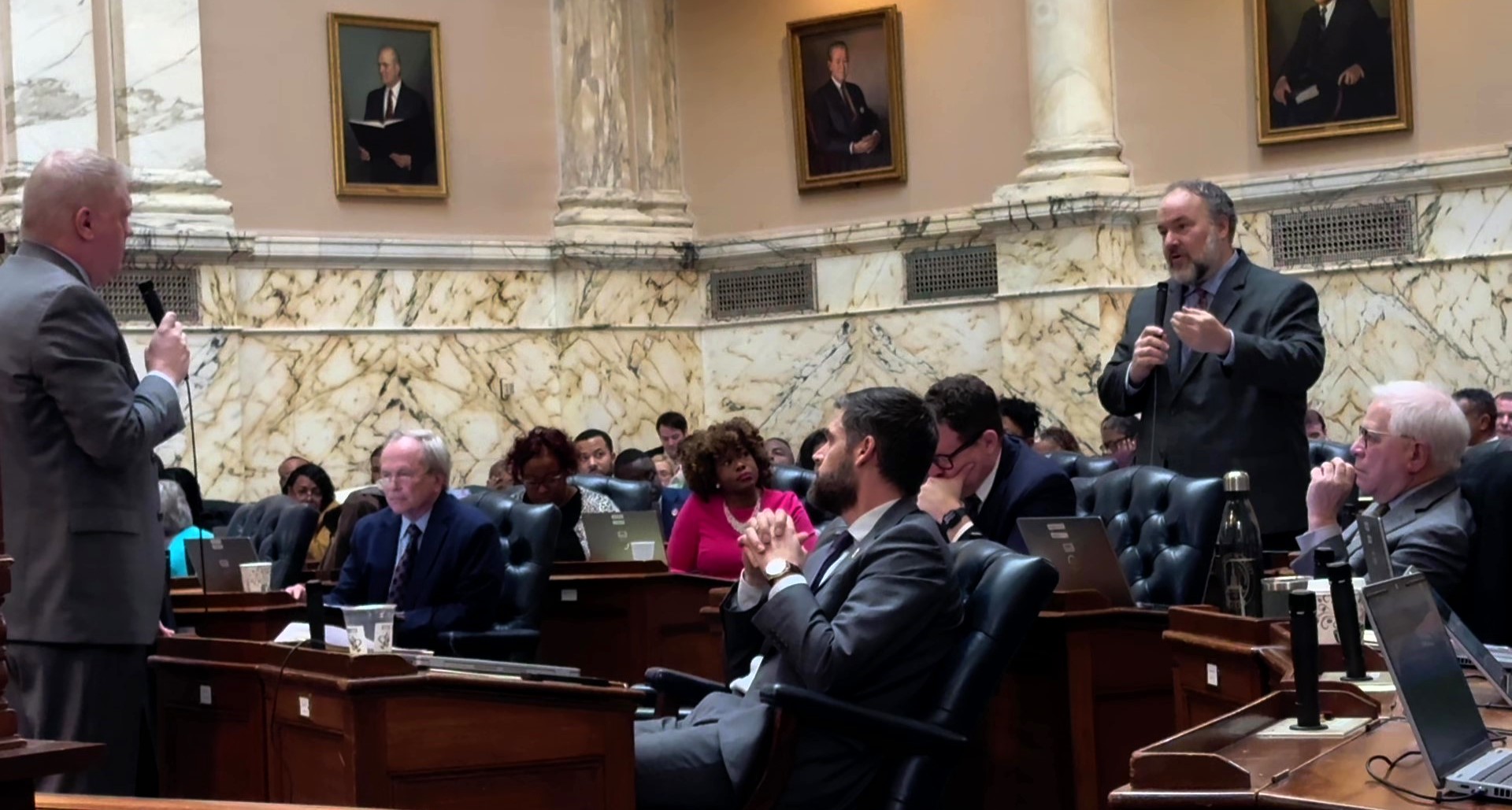All eyes on legal recreational cannabis but supply issues loom

The eyes of regulators, lawmakers, law enforcement and consumers will all focus on the state’s much anticipated entry Saturday into legalized adult use cannabis sales.
Starting July 1, Maryland joins 20 other states where the drug is legal to buy. Consumer interest and business are expected to be brisk.
“I’m excited for the Maryland Cannabis Commission, for the state, for the staff here to see the fruition of their work over the past weeks, months and years,” said Will Tilburg, acting director of the Maryland Cannabis Administration. “As the regulatory body, we also want to make sure that the excitement and exuberance about legal cannabis stays within a safe and responsible space. We’ve done a lot to inform dispensaries, reminding them of the rules of the road and expectations for this weekend. We want it to be a very safe successful smooth transition to adult use.”
Currently, the state’s cannabis market consists of approximately 168,000 patients who are registered to buy it for medical use. On Saturday, the potential market increases by almost 4.5 million residents who meet the age requirements.
“We’re talking about a market that is likely to go two times or three times within the next 12-18 months,” he said.
The law about to go into effect legalizes possession but doesn’t make cannabis legal to use everywhere.
Under the new state law and regulations:
- Sales for recreational cannabis use are restricted to adults 21 and older. ID will be required at the time of purchase.
- An adult may buy 1.5 ounces of raw flower or pre-rolled joints; a maximum of 12 grams of concentrated cannabis for vaping; or edibles not to exceed a total of 750 mg of THC.
- Cannabis may not be used in public or on federal property. It is illegal for drivers or passengers to use cannabis in a vehicle.
- Use of cannabis can result in a DUI charge.
- State law does not supersede workplace rules governing impairment while at work. Federal or state laws governing impairment still apply.
- Adults 21 and older may grow two plants at home, out of public view, for recreational purposes. The law limits home growth to two plants regardless of the number of adults over 21 living in the same household.
Bring cash because, although some dispensaries may be able to accept debit cards, not all can, according to state officials.
Be prepared to wait. Regulators and cannabis companies are expecting increased demand in the first days and weeks.
Public safety remains a concern
Police and prosecutors will also be watching the rollout of the new industry which coincides with the Independence Day holiday.
Maryland transportation officials and the Maryland State Police highlighted heightened enforcement efforts during a Thursday news conference.
“No one needs to lose their life because of an impaired driver. Whether it’s jail time or suspended licenses, totaled vehicles to injuries and or lives lost, driving under the influence of alcohol or drugs can have a lasting impact on a community,” said Major Daniel Pickett, acting chief of the Field Operations Bureau of Maryland State Police.
Baltimore County State’s Attorney Scott Shellenberger (D) said his office and county police have been working to increase training to identify impaired drivers and to adjust to a new law that prohibits officers from using the odor of cannabis to initiate a vehicle search.
“If the odor of marijuana is not allowed to be probable cause, you’re going to need other steps,” said Shellenberger. “Very often when we search a car, we find guns. Very often. Therefore, the inability to search that car may actually keep more guns on the street. It’s just a real fact that in a lawful stop, odor of cannabis can lead to the seizure of a gun. That’s a big deal.”
Shellenberger said police in his county are being advised to be more deliberate in documenting observations of impairment including suspected cannabis intoxication.
“We have cases — now, some and after July 1st, I think many — where the person will take a breathalyzer, blow a zero-zero yet we’ll still charge them because of the way they react to the drug recognition tests,” he said. “I think we’re going to see many more of those.”
Del. C.T. Wilson (D-Charles) and chair of the House Economic Matters Committee said the biggest issue will be “the smell of marijuana” but mostly in public spaces.
“There are enough people — even those that do imbibe — who don’t want to smell it when they’re not smoking it,” said Wilson. “I do hope people understand that it is still a crime to smoke in public and it will be enforced. Yes, it’s a citation but if you don’t show up, if you don’t pay it, there may be a warrant for your arrest. I hope law enforcement takes that seriously because citizens deserve that.”
Demand may soon outstrip supply
The state’s highly anticipated move to recreational sales comes nearly a decade after the legalization of medical sales.
Unlike other businesses, there will be no “midnight madness” sales to mark the state’s first recreational purchases. Instead, more than 90 dispensaries will be free to sell to adults 21 and older.
So far, 95 of the 98 dispensaries have converted their licenses so they can sell to both medical and recreational customers. Similarly, 42 growers and processors also have converted their licenses to become sellers. As a result of license conversions, the state collected $15 million that will go toward helping with a new phase of the industry that includes expanding the number of women and minority-owned licenses.
Even so, demand is expected to outpace supply as it did when the state began medical cannabis sales.
“Our vaults are full,” said Jake Van Wingerden, president of SunMed, a Cecil County-based cannabis grower.
Van Wingerden said his business and others in the industry began anticipating the need for more products and adjusted the number of plants they grow. He is also expanding his processing operation and purchased more trucks to make deliveries.
Even so, it might not be enough in the short term.
However, in December, the industry faced a glut of cannabis.
In 2020, retailers were charging $65 for an eighth of an ounce of raw flower — enough to make about seven joints. By the end of 2022, those prices fell to $15-$20 for the same amount.
In the last eight weeks, those prices have edged back up to $40 for an eighth of an ounce, according to Van Wingerden.
The increases are common in states moving to adult use sales. Dispensaries are ordering more products than before in anticipation of increased demand. In turn, that has pushed retail costs up, according to Tilburg.
Many believe those prices will continue to increase for a while.
Shortages, as in the early years of the medical cannabis program, could also be a reality for two years or more. Eventually, existing licensees and new licensees will help the market catch up, said Van Wingerden.
Wilson said he plans to keep an eye out for “ridiculous prices.”
“It’s a great concern that demand will outstrip supply for a time,” said Wilson. “I’m assuming it will.”
And while Wilson hopes prices will remain reasonable, he said there isn’t much the legislature can do.
“I am not that kind of Democrat,” Wilson said. “It’s very hard for me to go in and try to do some kind of price control.”
Supply issues raise concerns about how much market share illicit sellers will retain.
“One of the primary goals of the legislature in passing the cannabis reform act was to take market share from the illicit market as fast as possible,” said Tilburg. “You see varying degrees of success across the country with different states, but an illicit market still exists in every jurisdiction in the country.”
“The illicit market continues to exist in every state including Colorado, Oregon, Washington that are on a decade of legal cannabis,” he said.
Legislators in the last year made it clear that one of the goals of moving to legal recreational sales was to curtail illegal sales and related violence.
“That’s one of my biggest concerns,” Wilson said, adding that he did not think supply issues “would create any more of an illicit market” than what exists currently.
Shellenberger, the Baltimore County prosecutor, said the effects of legalization bear watching.
“If this is supposed to have a positive effect for our society then it would be that the black market goes away and therefore violence goes down,” said Shellenberger. “That will be an interesting thing to see.”




 Creative Commons Attribution
Creative Commons Attribution